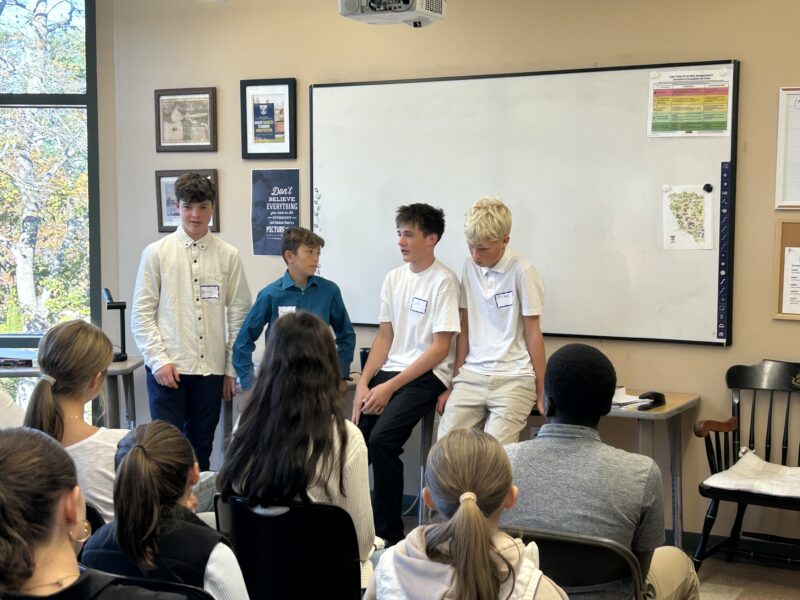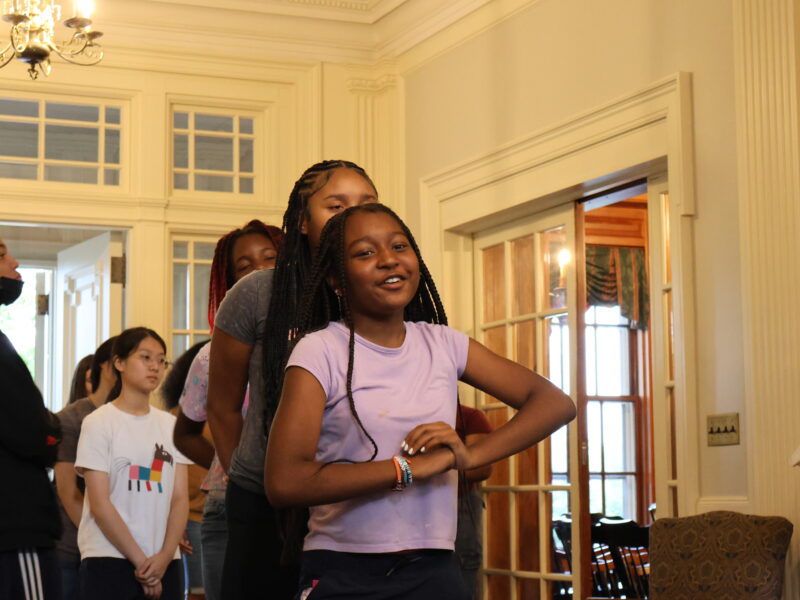Ever found yourself playing with certain ideas in your head for a while but your mind can’t quite bring them to synthesis? And then you read something and your brain goes, “Aha! That’s it!”
Well, I had two of those moments today and it inspired me to add a new blog category that I’m calling JWIWT (Just What I Was Thinking).
The first one was in the 6/2/23 Boston Globe. (See “Speaking up on campus doesn’t mean shouting down others” by Sian Beilock and Phil Hanlon.) A few days before, I had read about the previous week’s Boston University (BU) commencement where a number of students initiated a planned and deliberate attempt to disrupt the ceremony by shouting down keynote speaker David Zazlaf, a Warner Brothers executive and BU alum. Critical of his role (or non-role) in the national writer’s union strike, they really let him have it: turning their backs to him, shouting obscenities, disruptive chanting, etc.
In recent years, we’ve seen and heard a lot about college students’ efforts to shut down speakers with whom they disagree. In a number of cases, such speakers have ultimately been “disinvited.” While I have always thought that the colleges have been too quick to cave in the face of these circumstances, beyond factors of basic human decency, I could not put my finger on why I have felt that way.
On the one hand, I agreed with BU President Robert Brown’s point: “The attempt to silence a speaker with obscene shouts is a resort to gain power, not reason, and antithetical to the mission and purposes of a university.” On the other, that didn’t fully explain my rationale. Then came this op-ed piece, written by two Dartmouth presidents in the process of transferring their reins of power. This particular passage hit home for me:
In today’s left left-leaning higher education landscape, conservative students on campus are probably benefiting more from thinking about and debating opposing ideas than students who are not challenged as often. Practice matters. Higher education is the place where future leaders can get time on task.…. If, in the course of their schooling, students are not challenged to consider ideas and perspectives that are unfamiliar or contradict their own, we’ll have failed tremendously to prepare them for the world that awaits.
Yup. JWIWT. Or, at least, what I was trying to think! One of the goals of the Discovery Process is to offer that “time on task” and the challenge of considering unfamiliar ideas and perspectives.
The authors go on to write, confirmation bias leads us all to gravitate toward messages that affirm our beliefs, ignoring pesky contradictory evidence. It’s why we find it safer to latch on to popular views rather than openly challenge the status quo. By letting biases run unchecked on campus, mostly by allowing them to go unacknowledged, higher education has played an undeniable role in rendering all of us incapable of recognizing our collective humanity, limiting our capacity for shared understanding.
Yup.
Onward, Malcolm Gauld


